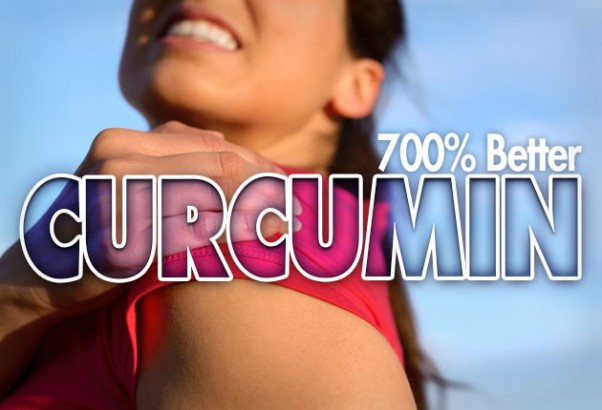Hollywood actress Angelina Jolie created a breast cancer awareness firestorm earlier this year when she opted to have both of her healthy breasts removed because her genetic makeup said she had a high risk of developing breast cancer.
Apparently, many women, especially young women, are following Jolie's lead.
A new study has found that more and more women are making the drastic choice to have heathy breasts removed because they are "at risk" of developing breast cancer.
Unfortunately, sound science or breast cancer awareness is not their motivator. It's fear. And that fear is leading to unnecessary, life altering surgeries.
According to the study, 98% of the women surveyed said that decreasing their risk of breast cancer was a very important factor in their decision to have breast removal surgery. However, only 18% of women who opt for the surgery live longer than those who do not.
That's a big gap!
In fact, the study concluded that, "Many women overestimate their actual risk for cancer in the unaffected breast."
Why do women panic and opt for unnecessary surgery? Lack of information to make a good decision, says the study.
And that's just basic breast cancer awareness from the modern medical world — never mind the little known fact that regardless of genetic weakness, nutrition controls genes.
That's right... just because you have a "bad gene" doesn't mean you're going to get breast cancer. In fact, the power to avoid it may very well be on your dinner plate.
Dr. Dan Chesnut, an MD for years, says that a bad gene should never be considered the end of the world.
“Genes control everything in our body and they can cause disease when abnormal, but not always," Chesnut says in his book, Lying With Authority. "So who controls genes? Nutrition can control genes ... For most genes to become active (to be expressed) something in nutrition triggers it, bad or good.”
Furthermore, "in the majority of cases, unfavorable genetic alterations are not inherited. They occur within a single lifetime as a result of exposure to environmental agents," says John Colman, in a December 2009 edition of the magazine Life Extension.
It is quite obvious that while an individual may inherit a genetic weakness, much can be done nutritionally to help prevent that weakness from ever developing into a disease — or necessitating the removal of a healthy breast.
If you were told you had an "at risk" gene, what would you do? Scroll below the related articles to comment!






